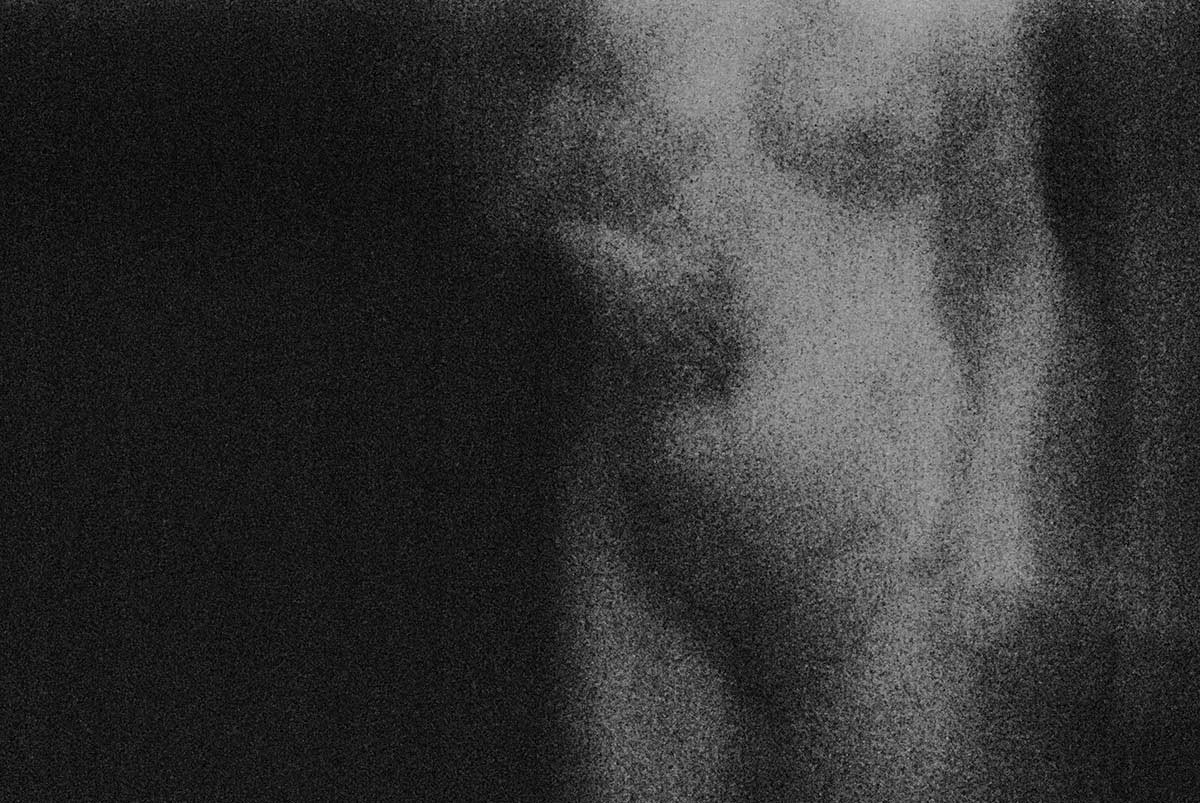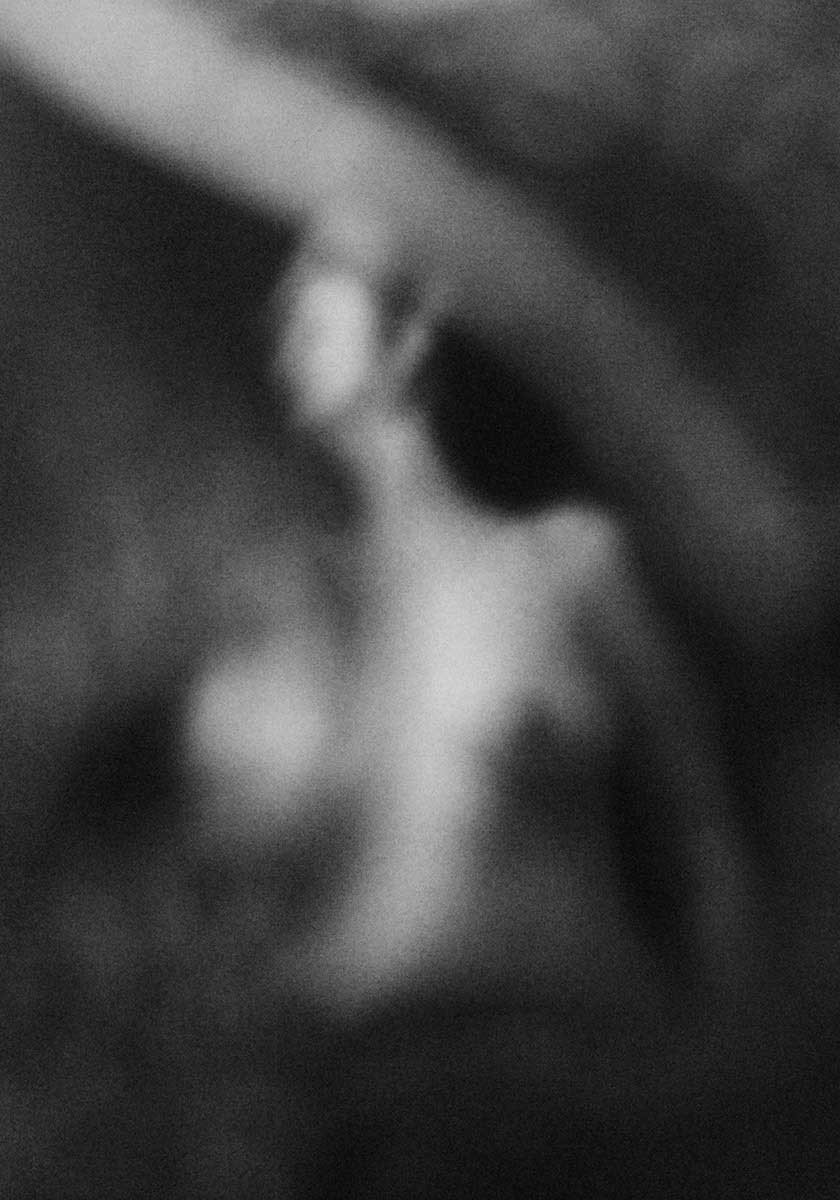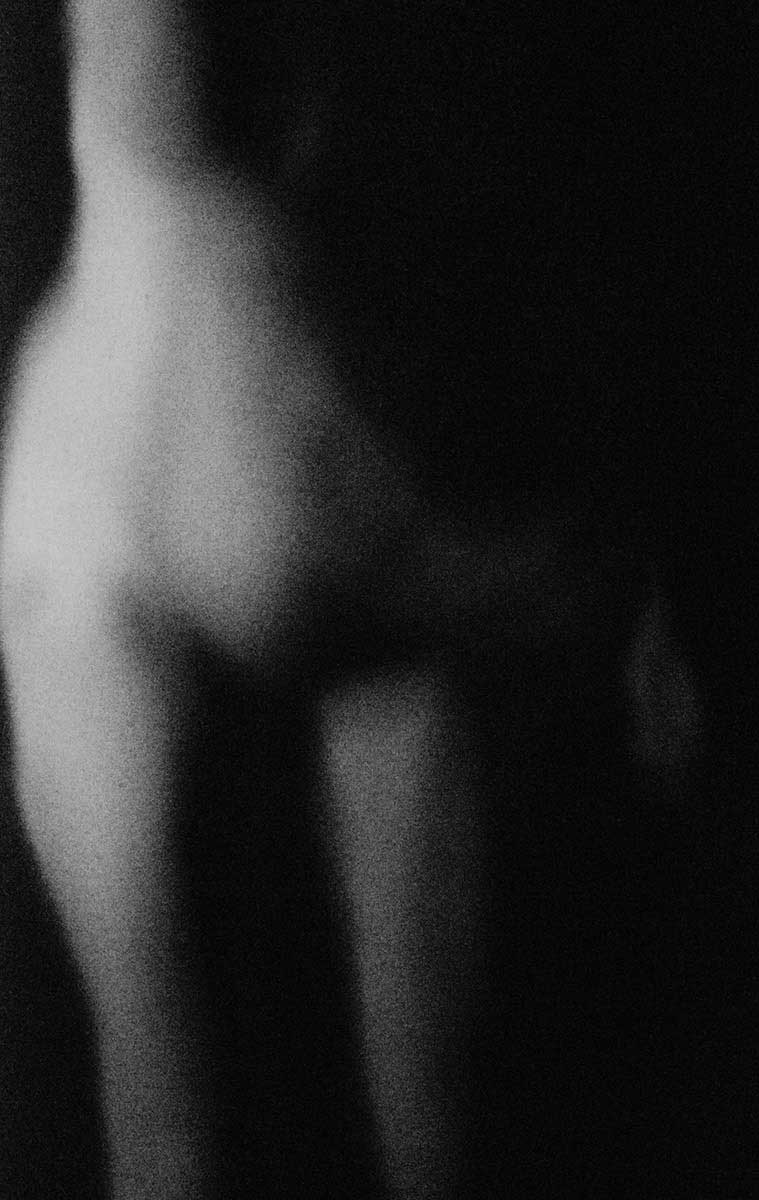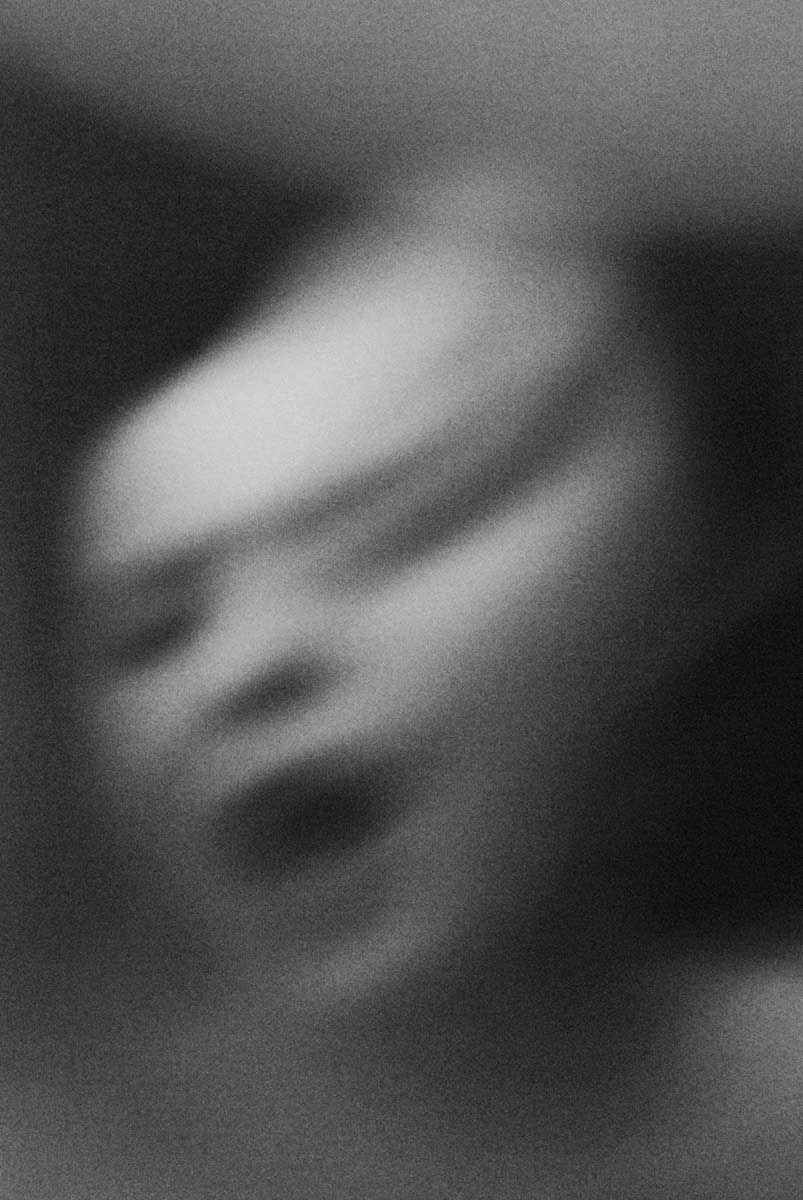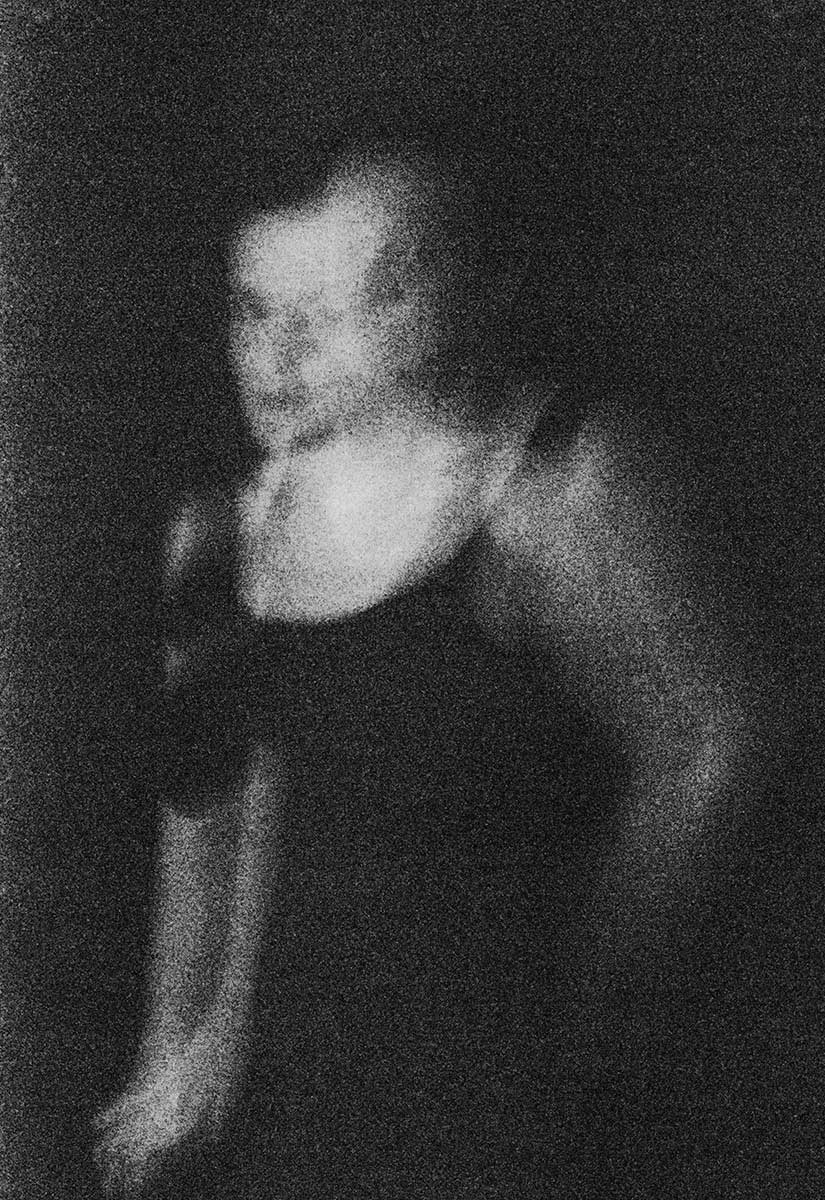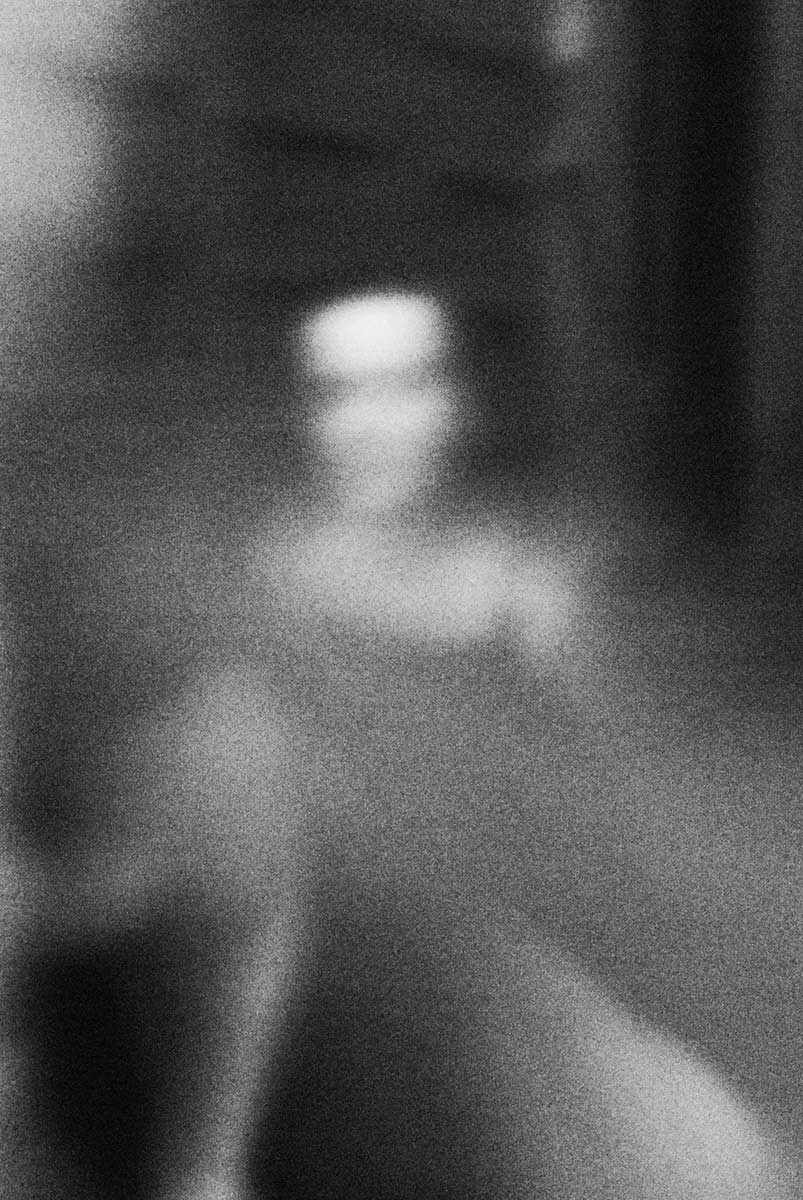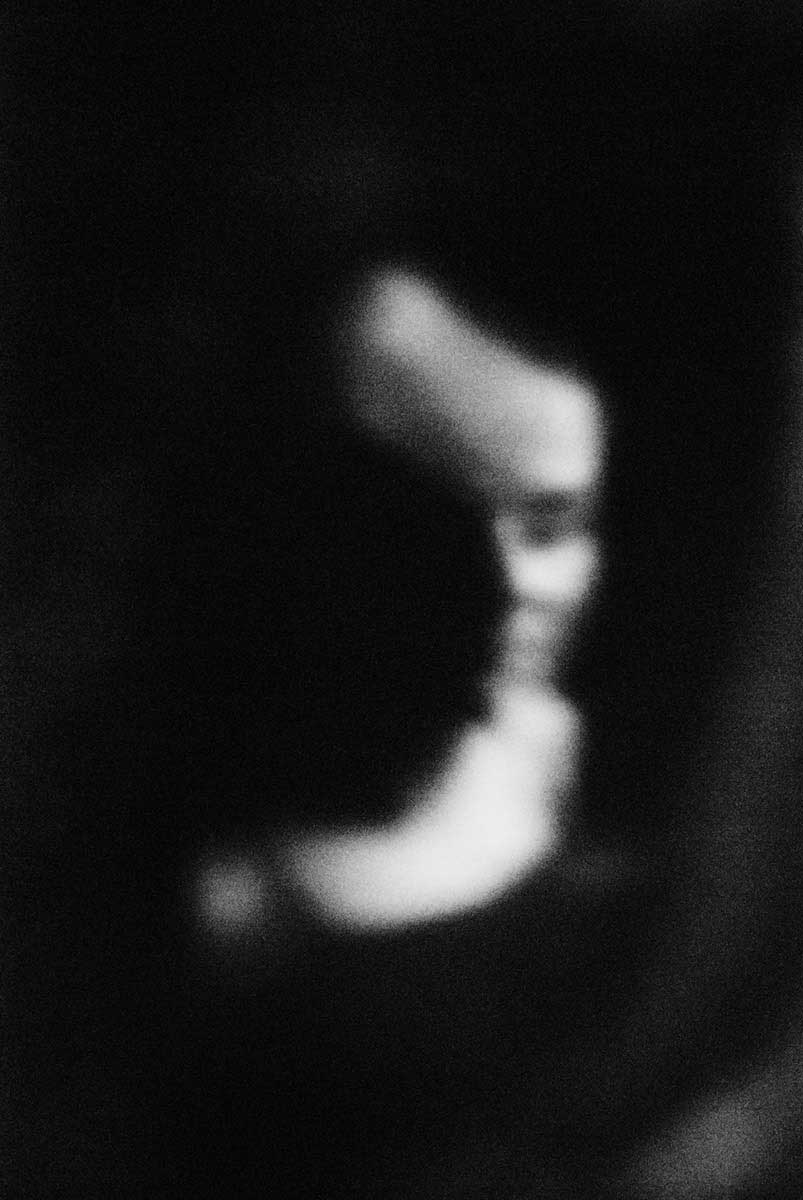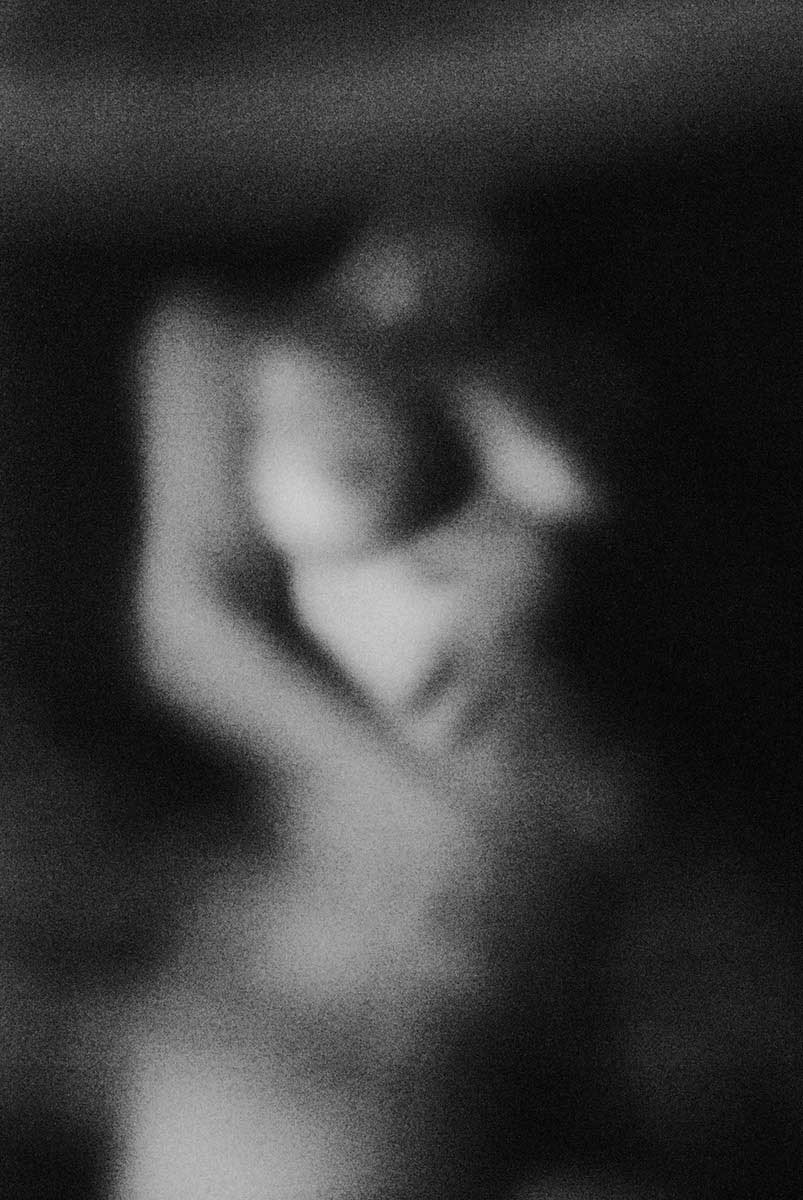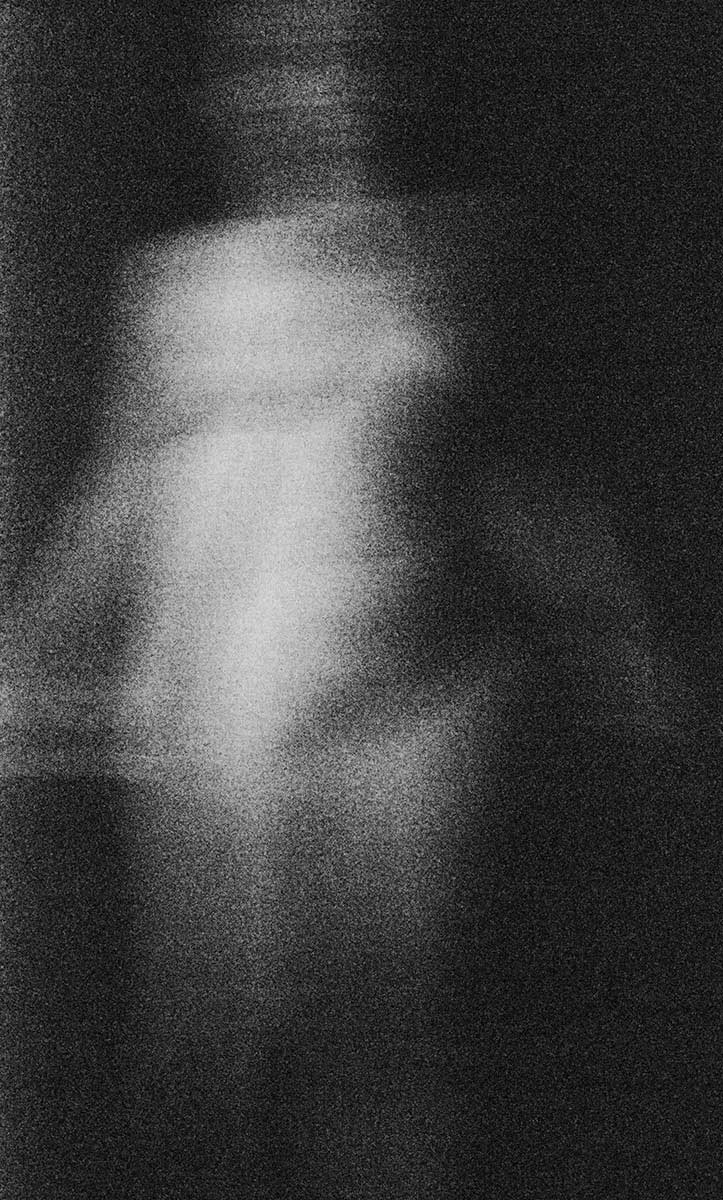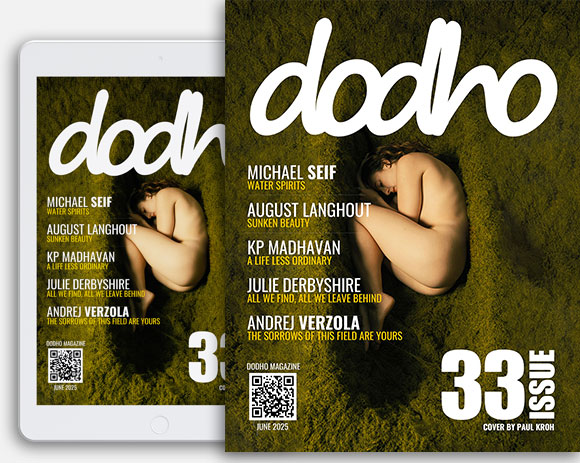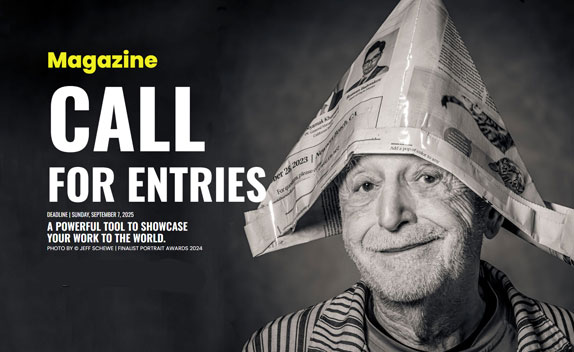The kind of photography i’ve been dealing with is experimental black and white photography and in particular “the possibilities of deformation of the human body”.
I attempt to escape from what we traditionally know as photography and to turn towards to other mediums of art such as painting.
The alienated body and fuzzy features of the engravings of the matter reflects the ambiguous and unstable emotions and thoughts that constitute the subject of photography. One of the main features of my work is the frequent use of “long exposure” technique through which i trie to explore, from a new point of view, my various subjects. Using the human figure as my main theme, I aim at creating new forms and giving a new meaning to them.
This series is the attempt to understand the functioning of sensations. To explorate the space of emotions and the interaction between the forms of the image and the viewer. Each photo is an entity, which includes a certain mental condition. So, we are dealing with a variety of emotional loads within a world that is equally ambiguous with ours. The forms obtain a dreamlike dimension. Sometimes you can not easily understand their contours. Τhe exploration of the forms inside the photographs gives us the opportunity to discover the various aspects of our psychosynthesis. The imprinted forms indicate an extension of ourselves and express our deeper psychic world. The camera is transformed into the prime tool for observation, exploration and re-discovery of the world of emotions and the use of black & white offers the right aesthetics for depicting forms and framing emotions. With the idea of movement continually imprinted on photos, the people look like enclosed within a new reality. A fuzzy and deformed reality. A dimension that belongs to the world of dreams and chaos.
About Nasos Karabelas
Nasos Karabelas was born in Greece. He is a self-taught fine art photographer and director. He started dealing with photography the last six years and he has produced two short films and one feature film, which participated in festivals, in Greece and abroad.
